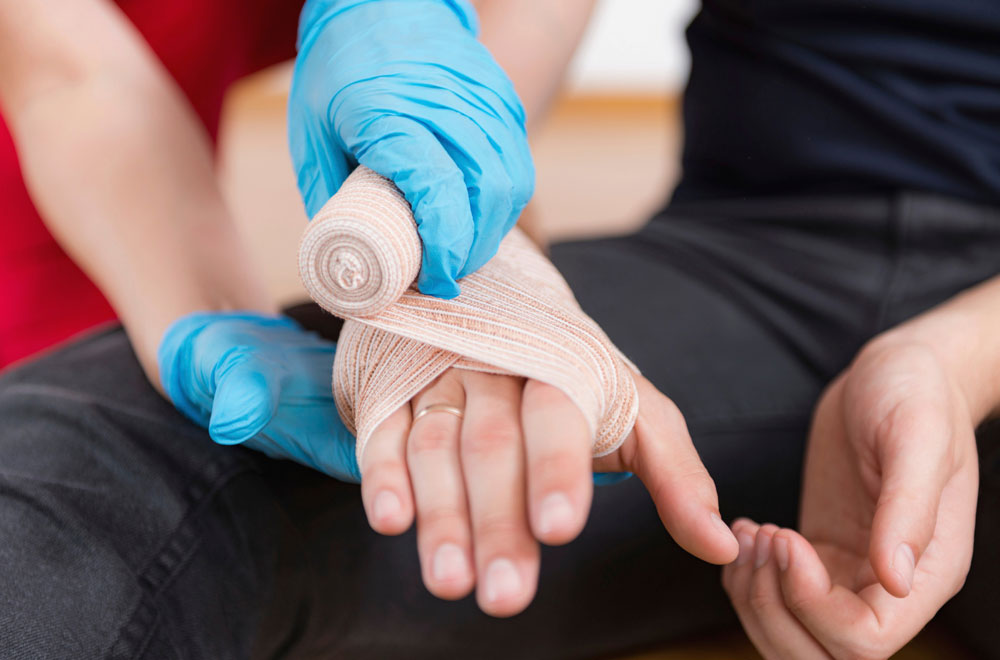Being prepared for medical emergencies is crucial, especially when staying in a student hostel. Students need to have the knowledge and resources to handle emergencies effectively. You should also understand the importance of financial solutions for unexpected medical expenses while staying at a student living facility.
This comprehensive guide will help students deal with medical emergencies in their hostels.
This guide will equip you with the necessary information to stay safe and respond effectively in emergency situations during your stay in the best hostel in India.
What is a Medical Emergency?
A medical emergency refers to a situation that poses an immediate threat to a person’s life or health. It requires prompt intervention to prevent further complications or potential loss of life. In a medical emergency, time is of the essence, and following standard operating procedures becomes crucial.
Follow Standard Operating Procedure
Dealing with medical emergencies in student housing can pose unique challenges. It’s essential for students to be aware of and follow standard operating procedures during such situations. Having an emergency plan in place can significantly improve response time and outcomes. As part of your preparedness, create an emergency kit that includes basic first aid supplies and keep it easily accessible in your hostel room.
Signs of Medical Emergencies
Recognising signs of medical emergencies is vital for prompt and appropriate action in the hostelworld or community living. Here are some common signs and symptoms to be aware of:
Some Common Medical Emergencies
- Bleeding: If you or someone else is experiencing uncontrolled bleeding in the student housing that cannot be managed with first aid treatment, seek immediate medical attention. Apply pressure to the wound and elevate the injured area to minimise blood loss.
- Breathing difficulties: If someone is having difficulty breathing suddenly or unexpectedly, it could be a warning sign of an underlying health issue. Assist the person in finding a comfortable position and seek immediate medical attention if their condition worsens.
- Collapsing: If someone collapses and loses consciousness or experiences abnormal breathing patterns in the on-campus housing, call for emergency medical assistance immediately. While waiting for help to arrive, place the person in the recovery position if they are still breathing normally.
- Seizures: During a seizure, it’s essential not to restrain the person or try to stop their shaking unless they are at risk of injury. Call for immediate medical help if the seizure lasts longer than five minutes, the person has never had a seizure before, or they are injured.
- Severe pain: If someone is experiencing severe pain due to injury or illness in your student accommodation, it’s important to get them assessed by a medical professional. Depending on the severity of the pain and the type of injury or illness, it may be necessary to go to a walk-in center or emergency room.
- Heart attack: Recognize the symptoms of a heart attack, such as chest pain, shortness of breath, and radiating pain in the arms/neck/jaw/back/stomach. Call for emergency medical assistance immediately if you suspect someone is having a heart attack.
- Stroke: Use the FAST acronym to identify stroke symptoms – Facial drooping, Arm weakness, Speech difficulties, and Time to call emergency services. If you notice any of these signs, call for immediate medical help.
Living in a hostel offers incredible memories and connections, but unexpected illness or emergencies can put a damper on things. Fear not, S’ Residences residents! With Dr. Chandramma Dayananda Sagar Institute of Medical Education & Research right next door, you have a unique advantage when it comes to staying safe and healthy. A multi-speciality hospital right next door whenever you need it.
Conclusion
Being prepared for medical emergencies is crucial when staying in a youth hostel. By recognising signs of emergencies and following standard operating procedures, students can respond effectively in critical situations. We encourage students to stay informed, create emergency plans, and familiarize themselves with first aid techniques. With proper preparation and knowledge, students can ensure a safer living environment in their hostel accommodation and be ready to respond promptly during medical emergencies.

